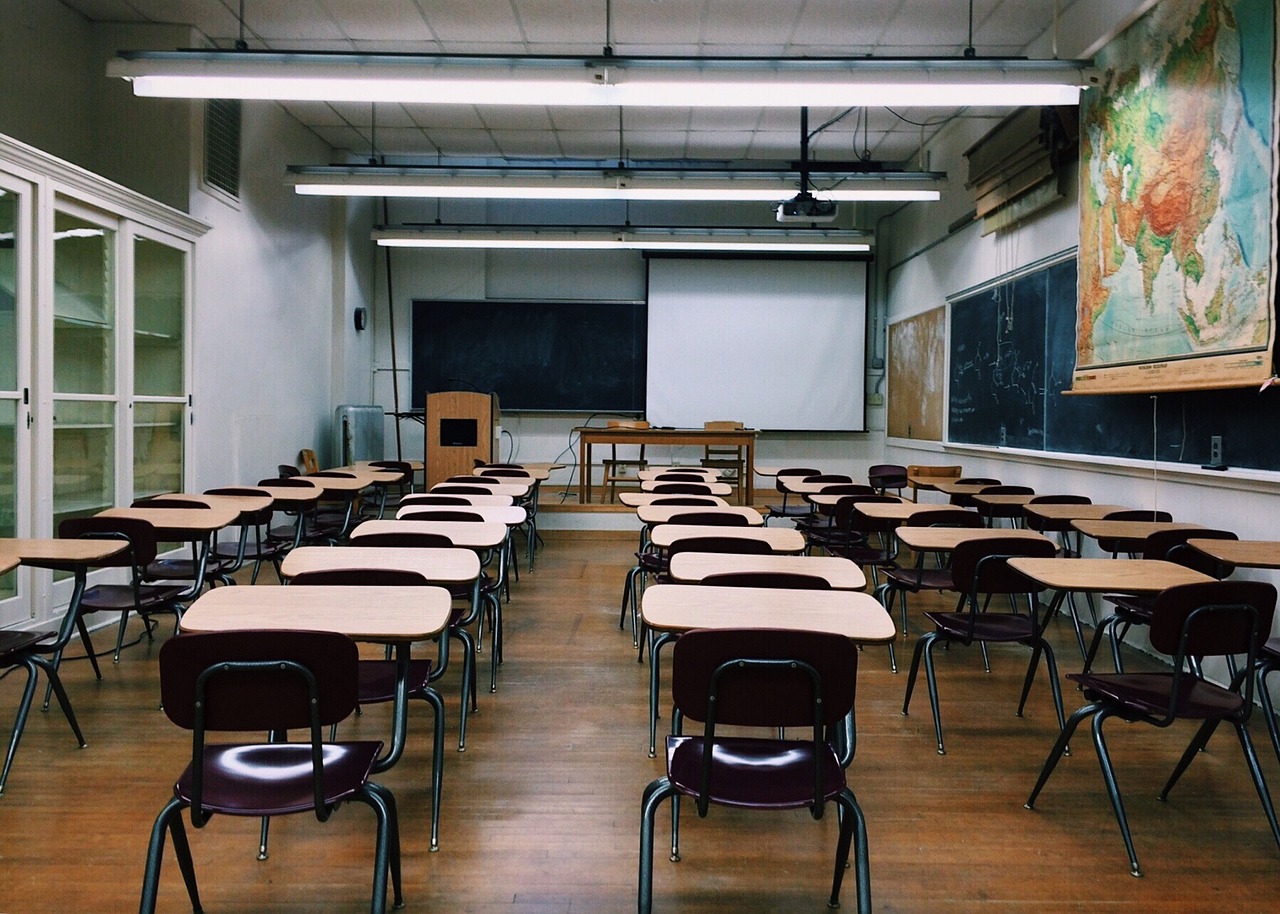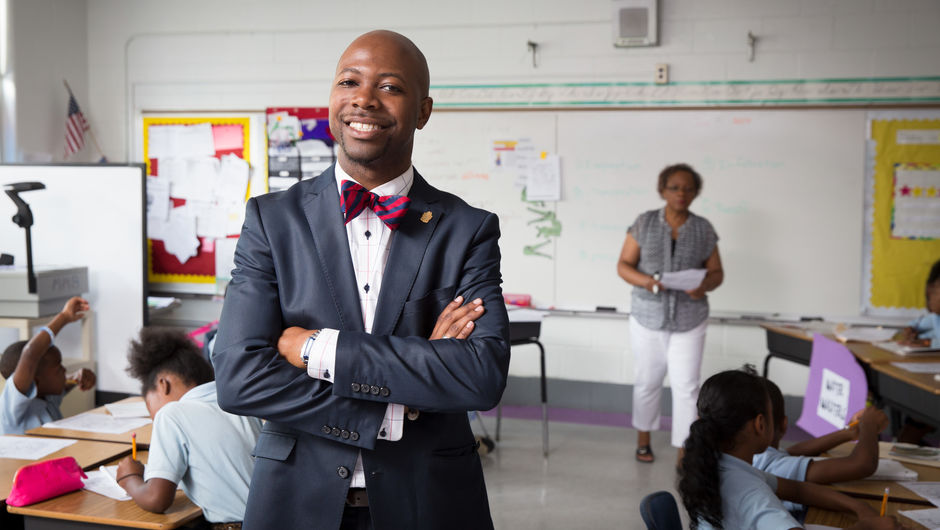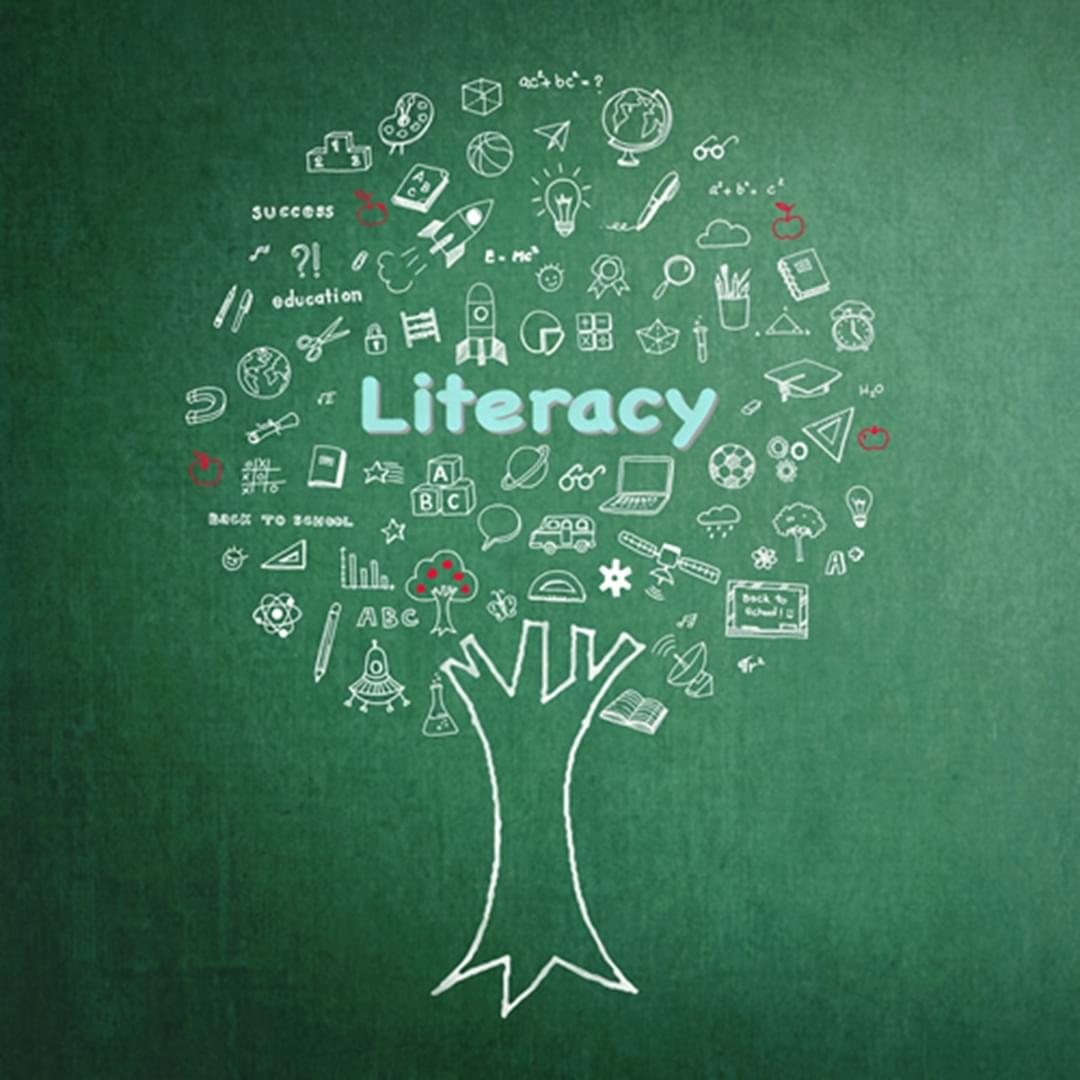You’re all signed up for the Education Slice
Thank you for your interest in our service.
Watch out for a confirmation email from our subscriptions team. Once you have confirmed you will join the community of over 35,000 subscribers who are receiving daily Education intelligence to lead, innovate and grow.
Note: Due to the nature of this message you may find this in your "promotions" or "spam" folders, please check there. If nothing arrives within a few minutes let us know. If you do not receive this email we will be happy to help get you set up.
Adding the email address [email protected], will help to ensure all newsletters arrive directly to your inbox.
Recent Editions

Education Slice
National
On Thursday, a coalition of nearly 600 local, state and national organizations representing districts, teachers, families, and students, in signing a letter to Secretary of Education Linda McMahon and Office of Management Budget (OMB) Director Russell Vought, asking them to facilitate the speedy release of over $6.8bn in federal education funds for ESSA Title programs I-C, II-A, III-A, IV-A, and IV-B. “These programs serve more than 95,000 K-12 schools and 55m students, as well as 1.2m adult learners. The delays are forcing schools to lay off staff, cancel professional development,
eliminate afterschool and summer programs, and scramble to prepare for the upcoming school year
without the resources they were promised,” the letter stated, adding: “With just weeks before schools reopen, this funding delay is sabotaging student learning, educator preparedness, and essential services—particularly for English learners, rural students, and families with
the greatest need." The July 1 disbursements to states are seen as critical for the institutions that educate and support young people and adult learners across the country. The letter's sentiment were echoed in a separate missive on Thursday to McMahon and Vought from seventeen Democratic state governors describing the funding freeze as "unacceptable," and detrimental to school operations and student services. Signatories included Katie Hobbs of Arizona, Gavin Newsom of California, J.B. Pritzker of Illinois, Michelle Lujan Grisham of New Mexico, and Daniel McKee of Rhode Island.

Education Slice
California
On Thursday, a coalition of nearly 600 local, state and national organizations representing districts, teachers, families, and students, in signing a letter to Secretary of Education Linda McMahon and Office of Management Budget (OMB) Director Russell Vought, asking them to facilitate the speedy release of over $6.8bn in federal education funds for ESSA Title programs I-C, II-A, III-A, IV-A, and IV-B. “These programs serve more than 95,000 K-12 schools and 55m students, as well as 1.2m adult learners. The delays are forcing schools to lay off staff, cancel professional development,
eliminate afterschool and summer programs, and scramble to prepare for the upcoming school year
without the resources they were promised,” the letter stated, adding: “With just weeks before schools reopen, this funding delay is sabotaging student learning, educator preparedness, and essential services—particularly for English learners, rural students, and families with
the greatest need." The July 1 disbursements to states are seen as critical for the institutions that educate and support young people and adult learners across the country. The letter's sentiment were echoed in a separate missive on Thursday to McMahon and Vought from seventeen Democratic state governors describing the funding freeze as "unacceptable," and detrimental to school operations and student services. Signatories included Katie Hobbs of Arizona, Gavin Newsom of California, J.B. Pritzker of Illinois, Michelle Lujan Grisham of New Mexico, and Daniel McKee of Rhode Island.

Education Slice
Texas
On Thursday, a coalition of nearly 600 local, state and national organizations representing districts, teachers, families, and students, in signing a letter to Secretary of Education Linda McMahon and Office of Management Budget (OMB) Director Russell Vought, asking them to facilitate the speedy release of over $6.8bn in federal education funds for ESSA Title programs I-C, II-A, III-A, IV-A, and IV-B. “These programs serve more than 95,000 K-12 schools and 55m students, as well as 1.2m adult learners. The delays are forcing schools to lay off staff, cancel professional development,
eliminate afterschool and summer programs, and scramble to prepare for the upcoming school year
without the resources they were promised,” the letter stated, adding: “With just weeks before schools reopen, this funding delay is sabotaging student learning, educator preparedness, and essential services—particularly for English learners, rural students, and families with
the greatest need." The July 1 disbursements to states are seen as critical for the institutions that educate and support young people and adult learners across the country. The letter's sentiment were echoed in a separate missive on Thursday to McMahon and Vought from seventeen Democratic state governors describing the funding freeze as "unacceptable," and detrimental to school operations and student services. Signatories included Katie Hobbs of Arizona, Gavin Newsom of California, J.B. Pritzker of Illinois, Michelle Lujan Grisham of New Mexico, and Daniel McKee of Rhode Island.

Education Slice
Florida
On Thursday, a coalition of nearly 600 local, state and national organizations representing districts, teachers, families, and students, in signing a letter to Secretary of Education Linda McMahon and Office of Management Budget (OMB) Director Russell Vought, asking them to facilitate the speedy release of over $6.8bn in federal education funds for ESSA Title programs I-C, II-A, III-A, IV-A, and IV-B. “These programs serve more than 95,000 K-12 schools and 55m students, as well as 1.2m adult learners. The delays are forcing schools to lay off staff, cancel professional development,
eliminate afterschool and summer programs, and scramble to prepare for the upcoming school year
without the resources they were promised,” the letter stated, adding: “With just weeks before schools reopen, this funding delay is sabotaging student learning, educator preparedness, and essential services—particularly for English learners, rural students, and families with
the greatest need." The July 1 disbursements to states are seen as critical for the institutions that educate and support young people and adult learners across the country. The letter's sentiment were echoed in a separate missive on Thursday to McMahon and Vought from seventeen Democratic state governors describing the funding freeze as "unacceptable," and detrimental to school operations and student services. Signatories included Katie Hobbs of Arizona, Gavin Newsom of California, J.B. Pritzker of Illinois, Michelle Lujan Grisham of New Mexico, and Daniel McKee of Rhode Island.










